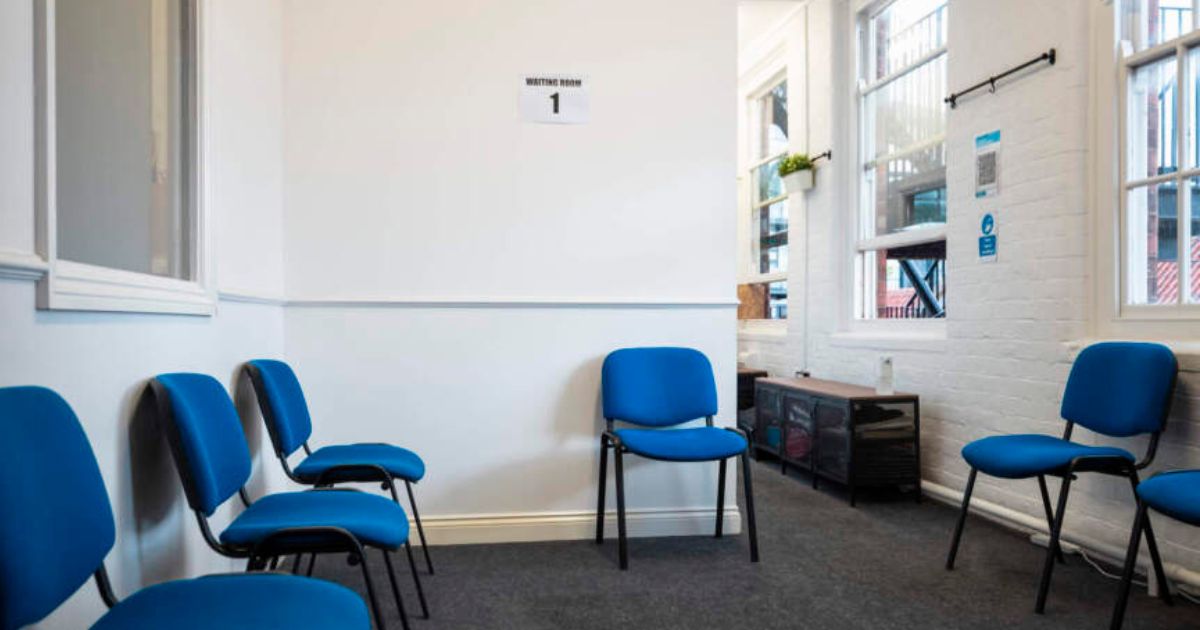In a shocking turn of events, the Francis Scott Key Bridge in Baltimore collapsed following a collision with a cargo ship, resulting in several vehicles plunging into the Patapsco River. The incident has not only raised concerns about infrastructure safety but also shed light on a common yet often overlooked fear: gephyrophobia, the fear of crossing bridges.
For many individuals, the news of the bridge collapse may have triggered intense anxiety and fear. The thought of driving over a bridge, especially after such a catastrophic event, can be paralyzing. However, experts emphasize that gephyrophobia is a real and not entirely uncommon phobia.
Understand Gephyrophobia
Abigail Marsh, a psychologist and neuroscientist at Georgetown University, explains that fear is a learned response that can be addressed through exposure therapy and mental health care. Marsh emphasizes that exposure to the feared stimulus, in this case, crossing a bridge, is crucial for overcoming the phobia. While it may seem daunting, it is indeed possible to gradually train the body to respond differently to the fear.
The collapse of the Francis Scott Key Bridge prompted a massive emergency response as multiple individuals found themselves in the water. The Baltimore City Fire Department classified the incident as a mass-casualty event, highlighting the severity of the situation.
According to Kevin Chapman, founder of the Kentucky Center for Anxiety and Related Disorders, gephyrophobia often clusters with other fears such as fear of heights and agoraphobia. Individuals may experience feelings of being trapped or fear of heights when crossing bridges, exacerbating their anxiety.
It is essential to distinguish between a temporary trauma response and a phobia. While it is normal to feel heightened anxiety in certain situations, a phobia significantly interferes with one’s ability to function and causes extreme distress.
Martin Self, a clinical psychologist, notes that individuals with broader panic disorder may avoid bridges, tunnels, and other transportation modes due to fear of panic attacks. The fear of experiencing intense anxiety in situations where escape is difficult can be overwhelming for some individuals.
To address gephyrophobia, therapists often employ cognitive behavioral therapy (CBT) and exposure therapy. CBT helps individuals learn relaxation techniques while gradually exposing them to their fear. Exposure therapy involves confronting feared scenarios, such as driving over a bridge, under the guidance of a therapist.
In some cases, accommodations can be made to facilitate exposure therapy. For instance, some bridges offer services where individuals can have someone else drive their car over the bridge while they ride along with their eyes closed. This approach can help individuals gradually confront their fear of bridges and build confidence in their ability to cope with anxiety.
As conversations about bridge safety continue, it is crucial to recognize and address the mental health implications of gephyrophobia. With proper support and treatment, individuals can overcome their fear and regain a sense of control over their lives.








Leave a Reply
You must be logged in to post a comment.